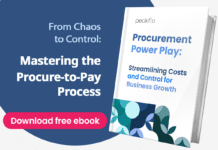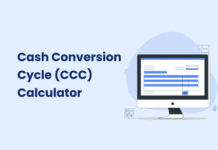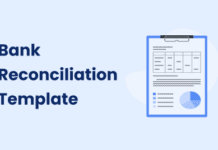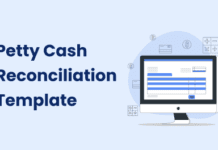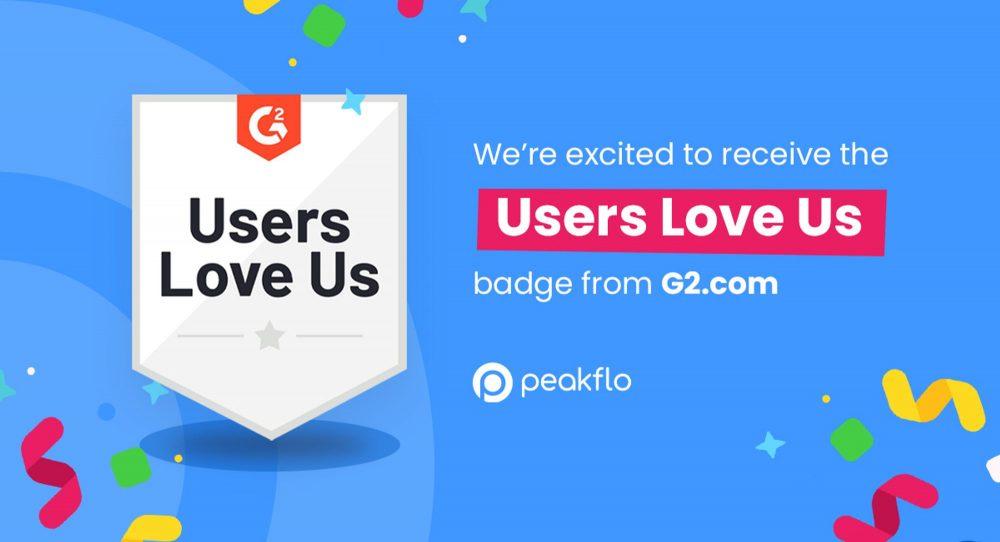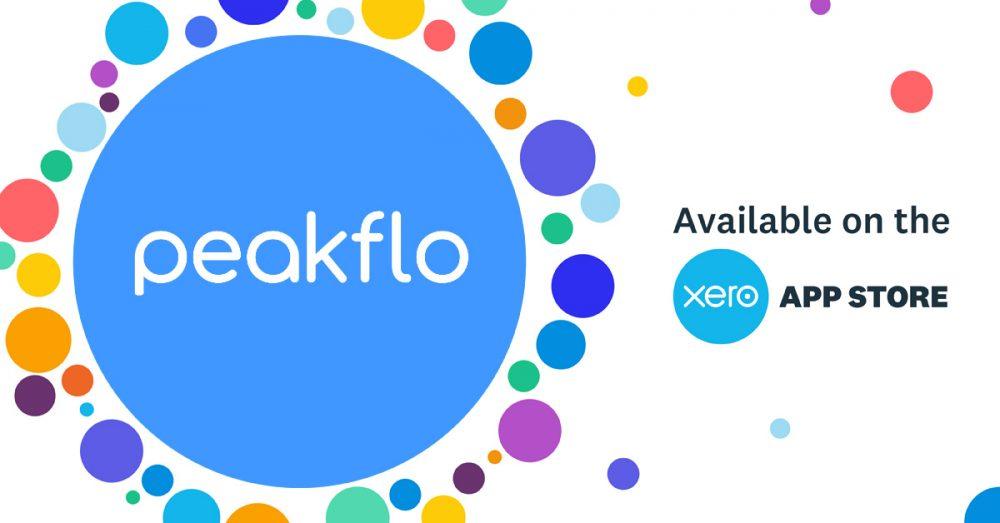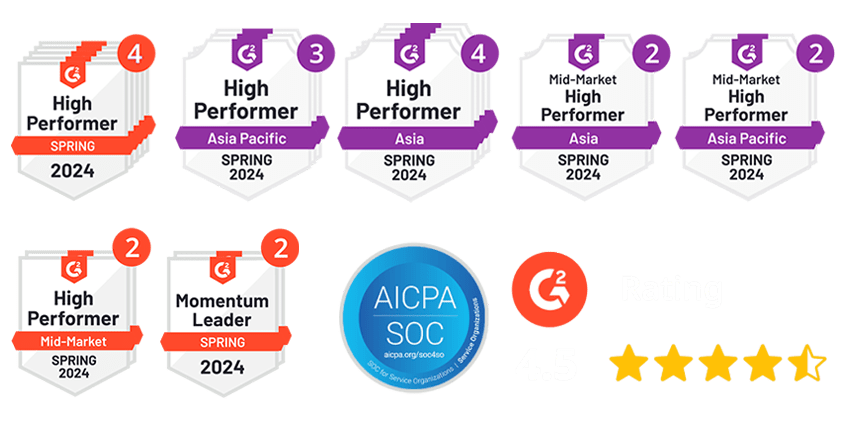Sales calls can be a time-consuming challenge for teams still relying on traditional cold calling methods. These teams often struggle with low connection rates, missed opportunities, and hours spent on administrative tasks after each call. However, sales professionals who have adopted AI for their calling processes report a 50% increase in leads and appointments, according to a McKinsey report.
The shift toward AI-powered sales calls is becoming essential for competitive advantage. An estimated 75% of B2B companies will incorporate artificial intelligence to enhance traditional cold calls by 2025. This isn’t just about following trends—it’s about addressing real operational challenges that sales teams face daily.
Modern AI systems combine tools like Twilio for phone calls and OpenAI for speech-to-speech capabilities, creating automated processes that handle cold calls until meetings are booked directly into your calendar. AI outbound sales calls enable teams to focus their energy on high-value interactions rather than repetitive dialing and data entry tasks.
Understanding what makes AI effective for sales calls requires examining the specific numbers behind their success and learning how to implement these tools in your own team. The data shows clear advantages, and the implementation process can be straightforward when approached systematically.
What Are AI Sales Call and How Do They Work?
AI sales call represent a different approach to voice-based sales conversations. These systems enhance human capabilities rather than replace them entirely. Understanding how this technology works can help sales teams make informed decisions about implementation.
AI sales call employ artificial intelligence to improve or automate voice-based sales conversations. This technology operates in two primary ways: supporting human representatives during live calls or independently handling specific conversation stages. Conversation AI technology acts as an additional resource during sales calls, producing real-time transcripts for data entry while monitoring details that sales representatives cannot process simultaneously.
The technology uses natural language processing (NLP) to understand what leads say, analyze their intent, and respond appropriately in real-time. The system adjusts tone, pace, and direction based on customer input, creating genuine two-way interactions that feel closer to authentic sales conversations.
How AI Outbound Sales Calls Differ from Traditional Methods
Traditional sales calls require representatives to juggle multiple tasks simultaneously—taking notes, listening actively, managing conversation flow, and formulating responses. After calls, they rely primarily on memory and hastily written notes to reconstruct what happened. Training new representatives typically involves shadowing experienced colleagues and learning through trial and error.
AI-powered outbound calls create specific advantages:
Documentation: Traditional methods rely on handwritten notes that often miss critical details. AI records every word and converts it into searchable text.
Knowledge sharing: Success in traditional calling depends on each representative’s individual experience. AI allows the entire team to learn from every call’s successes and failures.
Customer understanding: Traditional methods depend heavily on the representative’s memory. AI captures insights and summarizes key conversation points automatically.
Companies using AI-powered dialers have seen substantial improvements in connection rates and reduced downtime between calls by up to 30%, significantly increasing call volume and talk time. Additionally, AI cold calling tools have helped sales professionals boost their dials by 100–300%.
The Role of Machine Learning and Data Analysis
Machine learning and advanced data analysis capabilities provide the foundation for an AI sales call. These systems continuously improve by analyzing past interactions and key data stored in your CRM. Processing transcripts and notes supplied by representatives allows your AI sales calling tool to progressively enhance script generation, lead scoring, and coaching.
AI analyzes conversations in real-time, transcribing speech, detecting intent, and assessing engagement levels. The system identifies high-potential prospects based on specific keywords, sentiment analysis, and lead-scoring criteria such as budget, interest, and urgency. This creates a more targeted, data-backed approach compared to traditional methods.
This analytical capability extends beyond individual calls. AI tools can score your calls, flag missed opportunities, and uncover patterns in successful conversations. Five9’s AI-powered dialer uses machine learning to predict the optimal time to call customers, significantly increasing successful connection probability. Companies using AI-powered dialers have experienced conversion rate increases of up to 20% and sales cycle reductions of up to 30%.
Key Features That Make an AI Sales Call Effective
What makes AI sales call more effective than traditional methods? The answer lies in four core capabilities that address common challenges sales teams face daily.
1. Lead scoring and qualification
Sales teams often struggle with prioritizing leads effectively. AI-powered lead scoring solves this challenge by automatically analyzing vast amounts of data from multiple sources, including CRM records, online behavior, past interactions, and social data streams. This systematic approach eliminates guesswork and helps teams focus on prospects with the highest conversion potential.
The impact on sales performance is significant. A survey of sales teams using AI revealed that 98% believe it improves lead prioritization. The technology examines shared traits among leads that converted successfully in the past versus those that didn’t, enabling more targeted outreach efforts.
Key benefits of AI-powered lead qualification:
- Elimination of guesswork in prospect prioritization
- Objective, data-based scoring rather than subjective assessments
- Continuous improvement as the system learns from new interactions
- Increased marketing conversions of 9-20% for companies focusing on the right leads
2. Real-time personalization
Personalization during sales calls goes beyond basic demographic targeting. AI analyzes customer data and behavioral insights to provide real-time guidance on the most relevant talking points. This capability helps sales representatives adapt their approach instantly based on the prospect’s responses and engagement level.
The technology identifies key topics likely to interest each specific prospect, making conversations feel more relevant and engaging. Through natural language processing and sentiment analysis, AI sales tools craft personalized messaging based on customer profiles, pain points, and preferences. This level of personalization ensures that every interaction addresses the unique needs of each prospect.
3. Sales call transcription and analysis
What happens after your sales calls? Traditional methods rely on handwritten notes and memory to reconstruct important details. AI sales call analysis has evolved far beyond simple recording capabilities. Modern systems automatically transcribe conversations and then apply sophisticated algorithms to extract actionable insights.
These tools can identify positive and negative sentiments throughout the call, track specific keywords that indicate buying intent, and capture potential upsell opportunities. The technology provides a comprehensive analysis of what happened during the call, detecting buyer signals and deal risks that might otherwise go unnoticed.
Many solutions provide scorecards based on established sales methodologies like MEDDIC and BANT, automatically evaluating whether representatives asked the right questions and effectively demonstrated product value. This objective assessment helps teams consistently improve performance over time.
4. CRM integration and automation
Manual data entry after each call creates a significant burden for sales teams. AI eliminates this tedious work through seamless CRM integration. After each call, AI tools can automatically update your CRM with detailed summaries, next steps, and key discussion points. This automation ensures that customer records remain current without requiring representatives to spend time on administrative tasks.
AI sales automation can handle entire workflows, from lead generation to post-call follow-ups. Studies show that AI-driven automation can increase lead conversion rates by up to 30%. Beyond simple record updates, advanced systems analyze communication patterns to provide insights on pipeline health, deal progress, and potential risks.
This capability helps sales leaders make more informed decisions about resource allocation and coaching priorities, ultimately driving higher team performance.
Real Benefits Backed by Numbers
Sales teams implementing AI sales call are seeing measurable improvements in their core metrics. These aren’t marginal gains—they represent substantial changes that directly impact revenue and operational efficiency.
1. 50% increase in lead conversion
McKinsey research shows businesses implementing AI in sales report a 50% increase in leads and appointments. This improvement comes from AI’s ability to identify high-potential prospects through data-driven lead scoring rather than relying on guesswork.
Companies utilizing AI-driven cold calling have documented a 30–50% increase in conversion rates because they contact the right leads with the right message at the optimal moment. Businesses using AI sales bots report a 25% to 40% increase in overall sales productivity.
2. Reduction in call time by 30%
AI automation enables sales teams to handle hundreds of calls daily while automating voicemails, follow-ups, and lead categorization. This approach cuts time spent on unqualified leads by approximately 30%.
InsideSales found that sales professionals using AI-powered dialers spent 50% less time on non-revenue-generating tasks and made an average of 45 more calls daily compared to those using traditional methods. The productivity boost comes from eliminating manual dialing tasks and helping representatives focus exclusively on promising conversations.
3. Improved sales forecast accuracy by 40%
AI enhances prediction capabilities through data analysis. One consumer goods company increased its forecast accuracy from 83% to over 90% using advanced data analytics and machine learning. Further refinement achieved an impressive 95% accuracy.
AI improves sales forecast accuracy by analyzing large datasets, including historical sales, real-time data, customer behavior, and market conditions, while eliminating human error and bias. Companies that improve their forecasting accuracy by 15-20 percentage points compared to traditional methods experience better revenue outcomes and improved service levels.
4. Higher engagement rates with AI-personalized scripts
Personalization powered by AI outbound sales calls creates measurable engagement improvements. Personalized emails have a 26% higher open rate and a 130% higher click-through rate compared to non-personalized emails. Teams using AI-driven sentiment analysis cues have booked 21% more meetings by adjusting tone and messaging during conversations.
The benefits of AI personalization include:
- 15% increase in conversion rates due to personalized sales outreach
- 30–50% improvement in conversion rates through targeted messaging
- 25% reduction in sales cycles through AI-powered sales tools
These statistics demonstrate that AI for sales calls delivers quantifiable results that directly impact revenue generation and operational efficiency.
Top AI Tools for Sales Calls in 2024
Sales teams evaluating AI tools for their calling processes have several proven options available. Each platform addresses specific operational challenges while offering distinct advantages for different team sizes and requirements.
1. Peakflo AI Voice Agents
Tired of cold calls that go nowhere? Peakflo AI Voice Agents are built to supercharge your outbound sales. These agents don’t just dial leads—they engage, qualify, and convert. From initial outreach to demo scheduling, everything is automated. Powered by behavioral triggers and CRM insights, Peakflo ensures every lead gets timely, personalized follow-ups—no manual effort needed.
What sets it apart? Unlike basic call tools, Peakflo acts like an extension of your sales team—always on, always converting. Scale outreach without burning out your reps and keep your pipeline hot 24/7. Ready to experience the future of sales calls? Schedule a demo today.
2. Aircall AI
Aircall’s platform focuses on reducing the administrative burden of call management. The system automatically generates call summaries, identifies key topics, and extracts action items—saving about an hour per agent per month on call reviews. Aircall AI provides sentiment analysis and trending topics visualization to help teams understand customer preferences.
3. Conversica
Conversica’s Revenue Digital Assistants operate using self-learning AI models built from billions of human interactions spanning over a decade. These autonomous agents engage prospects through personalized conversations across email, chat, and SMS in nine different languages.
4. Gong.io
Gong’s Revenue AI platform centralizes revenue workflows and delivers actionable insights that have helped companies achieve forecast accuracy and an increase in email response rates. The system captures and analyzes sales interactions, identifies successful tactics, and delivers targeted coaching to improve performance.
5. JustCall
JustCall AI offers real-time assistance during customer conversations, providing automated script suggestions and coaching cues. Its sentiment analysis tracks how customer feelings evolve throughout calls, while call analytics decode emotions and patterns to understand customer decisions.
How to Successfully Implement AI in Your Sales Team
Managing the transition to AI-powered sales calls requires a systematic approach that addresses both technical and human factors. Teams that rush into implementation without proper planning often struggle with adoption and fail to realize the full benefits of these tools.
1. Training your team on AI tools
Start with comprehensive onboarding that familiarizes your sales reps with the AI tool’s purpose and core features. Given that AI can save managers time by automating administrative tasks such as performance tracking and reporting, proper training becomes essential for team adoption. Create a structured learning path that covers both fundamental concepts and advanced capabilities.
Establish a feedback loop where team members share their experiences, highlighting what works and where they need additional guidance. This input helps refine training materials and coaching strategies. Training doesn’t end with initial onboarding – regular refreshers and AI-powered simulations should be incorporated into your coaching process to build a culture of continuous improvement.
2. Integrating with your existing CRM
Assess your current tech stack and identify any gaps in meeting your coaching needs. An AI-powered sales coaching tool that syncs with your CRM can provide real-time insights on deal progression and customer interactions. The key is ensuring compatibility before making any major changes.
Integration eliminates data silos, ensuring all performance metrics are centralized for accurate AI insights. Engage your IT team early in the process to ensure compatibility and prioritize AI tools with robust APIs or middleware solutions for a smooth transition.
3. Monitoring performance and refining scripts
Track key sales metrics such as win rates, deal velocity, and coaching engagement levels. Use your AI tool’s reporting capabilities to monitor these metrics in real time while gathering qualitative feedback from your team.
AI analysis can identify which scripts or parts of scripts are most successful in driving sales. This helps refine your approach by addressing common objections and concerns customers raise. Set up automated alerts and reports to flag successes or issues promptly for continuous improvement.
4. Using AI insights to coach sales reps
AI provides data-driven insights into what top performers do differently and delivers targeted feedback at scale. Rather than replacing managers, AI for sales calls provides additional tools to improve coaching quality and efficiency.
The technology analyzes performance data to measure specific skills like asking questions, active listening, explaining value, and handling objections. This detailed, data-backed visibility highlights exact improvement areas for each rep. As your repository of data grows, AI coaching tools become increasingly better at predicting which skills each rep needs help with, creating a personalized development path for everyone on your team.
Conclusion
AI sales call addresses common challenges that sales teams face daily—from low connection rates to time-consuming administrative tasks. The data shows clear advantages: businesses implementing this technology report a 50% increase in leads and appointments, 30% reduction in call time, and 40% improvement in forecast accuracy.
Solutions like Peakflo AI Voice Agents offer specific features tailored to different sales needs. These platforms handle repetitive tasks, provide actionable insights, and allow teams to focus on high-value conversations.
Sales teams that combine human relationship-building skills with AI-powered efficiency can connect with more prospects, close more deals, and deliver better customer experiences.
Managing sales calls efficiently requires the right tools and processes. Peakflo Voice AI Agents reach out to leads at scale, qualify them, and schedule demos or handovers to your reps automatically. Keep the pipeline active with timely, consistent follow-ups based on customer behavior or CRM triggers. Try out Peakflo today to see how AI can streamline your sales operations.
FAQs
Q1. How does AI enhance sales team performance?
AI improves sales team performance by automating repetitive tasks, providing data-driven insights, and enabling more personalized customer interactions. It can increase lead conversion rates by up to 50%, reduce call time by 30%, and improve sales forecast accuracy by 40%.
Q2. Can AI completely replace human sales representatives?
No, AI cannot completely replace human sales representatives. Instead, it augments their capabilities by handling routine tasks, providing real-time assistance during calls, and offering data-driven insights. This allows sales reps to focus on building relationships and closing deals.
Q3. What are the key features of AI-powered sales call tools?
Key features include lead scoring and qualification, real-time personalization, call transcription and analysis, and CRM integration. These features help sales teams prioritize leads, tailor their approach, gain insights from conversations, and streamline data management.
Q4. How can businesses successfully implement AI in their sales process?
Successful implementation involves thorough team training, seamless integration with existing CRM systems, continuous performance monitoring, and using AI insights to coach sales reps. It’s crucial to establish a feedback loop and create a culture of continuous improvement.
Q5. What are some top AI tools for sales calls in 2024?
Some leading AI tools for sales calls include Peakflo AI Voice Agents, Aircall AI, Conversica, and JustCall. These platforms offer features like automated call summaries, sentiment analysis, conversation intelligence, and real-time assistance during customer interactions.









![Why AI Sales Calls Are Making Good Sales Reps Even Better [2025 Guide] ai sales calls](https://cdn-kmjmp.nitrocdn.com/YvtqmrsiHUxqerlSiZgbfzqqTARWTElr/assets/images/optimized/rev-834053b/blog.peakflo.co/wp-content/uploads/2025/09/65168cf6-3001-4733-8cbc-12d5684cf449-218x150.webp)








